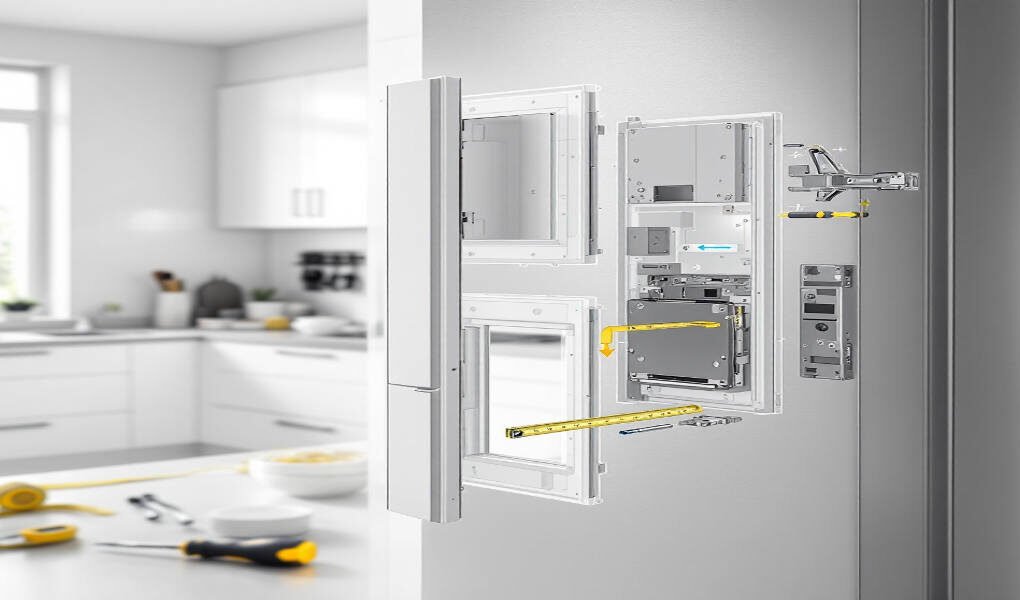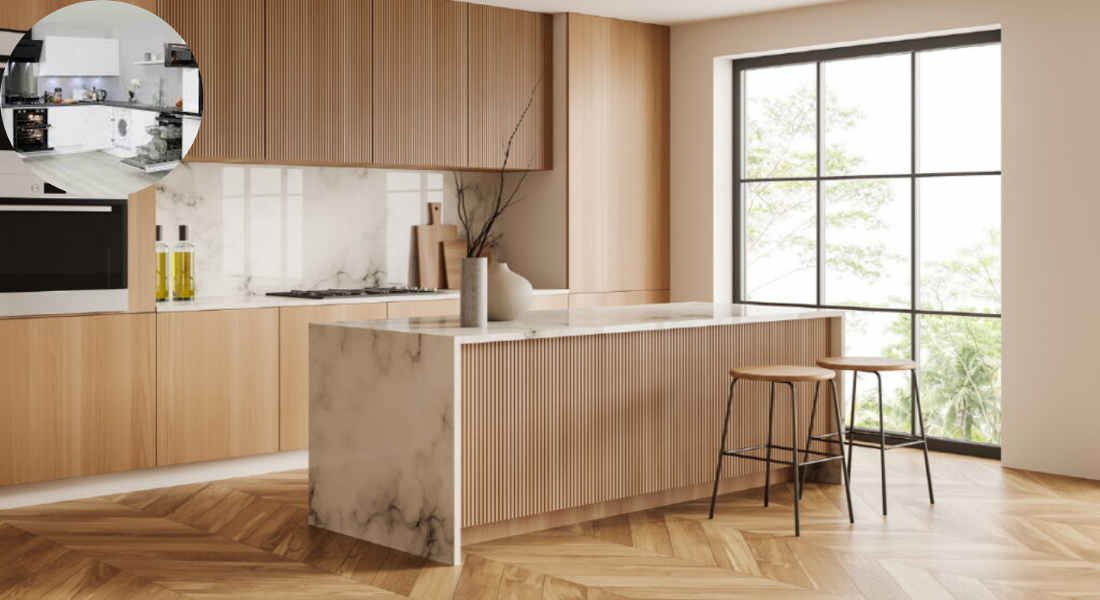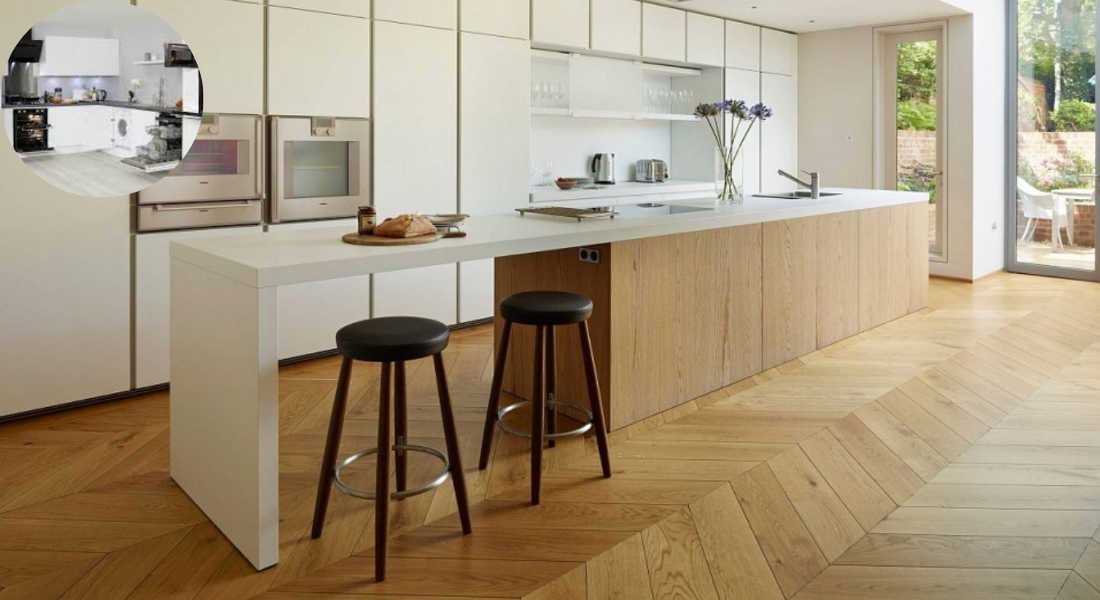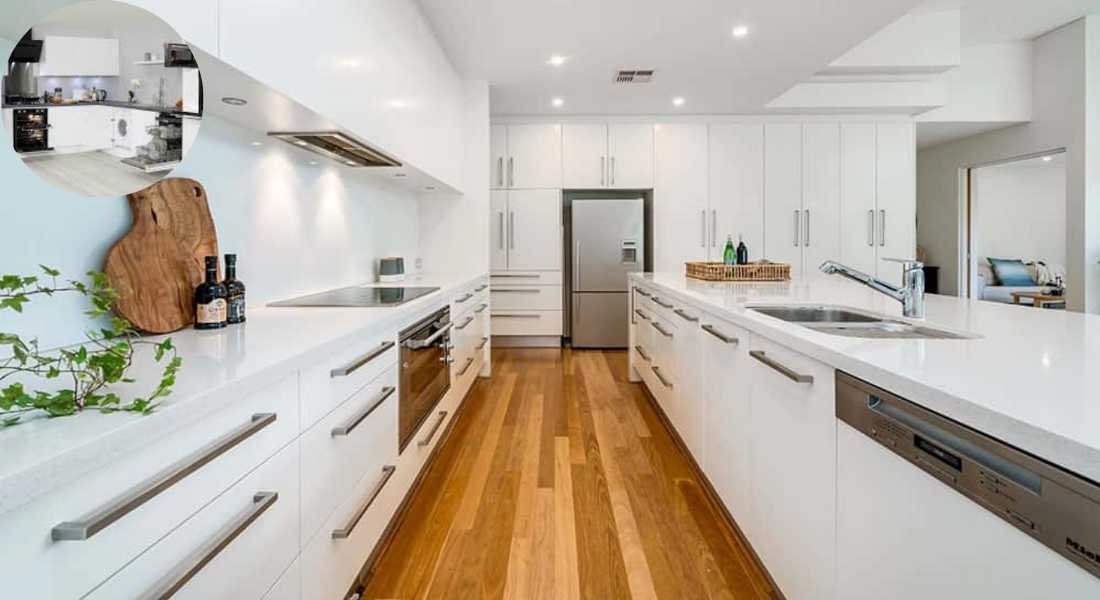When it comes to understanding the inner workings of a kitchen, whether professional or at home, numerous roles and responsibilities ensure everything operates smoothly. Among these roles, one term that often comes up is KP. But what does KP mean in a home kitchen setting? If you’ve ever wondered about the meaning and significance of this role, you’re in the right place.
Every kitchen, whether it’s a bustling restaurant or your cozy home, requires organization and Teamwork to function effectively. This is where the concept of KP (Kitchen Porter) comes in. While the term is commonly used in professional culinary settings, it holds valuable lessons for home cooks and enthusiasts alike.
Defining KP: What Does KP Mean?
What Does KP Stand For?
KP stands for Kitchen Porter, a term widely used in professional kitchens to describe an essential role that supports the kitchen staff. The job of a kitchen porter is not glamorous, but it’s indispensable. It involves tasks that keep the kitchen running smoothly, such as cleaning, organizing, and assisting with basic preparations.
Interestingly, the term KP also has roots in military jargon, where it stands for Kitchen Police or Kitchen Patrol. In military contexts, soldiers assigned to KP duty are responsible for maintaining kitchen cleanliness, preparing meals, and managing supplies. The overlap between these definitions highlights the universal importance of these duties in any kitchen setting.
KP in the Home Kitchen Context
In a home kitchen, KP takes on a more informal meaning. It refers to the tasks and responsibilities that ensure your cooking environment stays clean, organized, and functional. Think of it as the behind-the-scenes work that allows you to focus on preparing delicious meals.
The Role of a KP in a Home Kitchen Setting
The concept of a Kitchen Porter may seem like it belongs exclusively to professional kitchens, but many of the duties translate seamlessly to the home kitchen. Let’s take a closer look at what these responsibilities are and how they apply to your everyday cooking routine.
You may also read (kitchen cabinet door at home).
Typical Duties of a KP
- Washing Dishes and Kitchenware
- Cleaning up after cooking or meal prep is one of the most crucial KP duties. This includes washing pots, pans, utensils, and other kitchen tools, ensuring that everything is ready for the next cooking session.
- Assisting with Basic Food Prep
- In professional kitchens, KPs often help with peeling vegetables, chopping ingredients, or assembling basic elements of a dish. At home, this could mean prepping ingredients for a family meal or setting up a mise en place (a French term for organizing ingredients before cooking).
- Cleaning and Maintaining Kitchen Hygiene
- A clean kitchen is a functional kitchen. KP duties include wiping down surfaces, emptying trash bins, and ensuring food safety by sanitizing work areas.
- Organizing Kitchen Storage
- Keeping your pantry, refrigerator, and kitchen cabinets organized is another key KP responsibility. This not only saves time but also reduces food waste by ensuring ingredients are used before they expire.
KP vs Other Kitchen Roles: Understanding the Kitchen Hierarchy
To understand the importance of KP, it’s helpful to see where it fits in the broader kitchen structure.
Kitchen Roles Overview
In professional kitchens, there’s a clear hierarchy:
- Chef: The head of the kitchen, responsible for creating menus and overseeing operations.
- Sous Chef: The second-in-command, managing staff and assisting the chef.
- Commis Chef: A junior chef who assists with food prep.
- Kitchen Porter (KP): Responsible for cleaning, organizing, and supporting the team.
How KP Differs From Cooking Roles
While chefs focus on cooking and menu creation, KPs handle the essential tasks that keep the kitchen functional. It’s a behind-the-scenes role, but without it, the kitchen would quickly fall into chaos. In a home kitchen, these responsibilities are often shared by the cook or family members.
KP Duties in Military vs Civilian (Home) Settings
The term KP originated in the military, but how do its duties compare to those of military and civilian kitchens?
KP in the Military
In military settings, KP duties are assigned to soldiers as a form of service or discipline. These tasks include:
- Cleaning kitchen equipment.
- Serving food to soldiers.
- Managing inventory and supplies.
KP in Home Kitchens
At home, KP duties are less rigid but equally important. Home cooks can learn valuable lessons from the military’s emphasis on discipline, organization, and Teamwork. For example, setting a routine for cleaning and organizing your kitchen can make cooking more enjoyable and efficient.
Benefits of Embracing the KP Role in Your Home Kitchen
So, why should you embrace the KP role in your home kitchen? Here are some compelling reasons:
Maintaining Cleanliness and Order
A clean kitchen is a productive kitchen. By adopting KP practices, you’ll create a space that’s conducive to cooking and free from unnecessary stress.
Saving Time and Energy
When your kitchen is organized, you’ll spend less time searching for tools or ingredients, allowing you to focus on the joy of cooking.
Improving Food Safety
Regular cleaning and proper storage reduce the risk of foodborne illnesses, ensuring that your meals are safe for your family.
Encouraging Teamwork
In shared living spaces, dividing KP duties among family members fosters collaboration and shared responsibility.
How to Implement KP Practices in Your Home Kitchen
Ready to embrace the KP mindset? Here’s how you can start:
- Set Up Dishwashing Routines
- Wash dishes as you cook to prevent a pile-up. Use a dishwasher if available or designate a family member to help.
- Organize Your Pantry and Refrigerator
- Keep frequently used items within easy reach and label containers for better visibility.
- Establish Cleaning Schedules
- Dedicate specific days or times for deep cleaning tasks like scrubbing the stove or wiping down cabinets.
- Invest in Tools and Products
- Use tools like dish racks, food storage containers, and cleaning sprays to streamline your KP tasks.
You may also read (painting kitchen tiles white at home).
Common Misconceptions About KP in Home Kitchens
KP Is Just Dishwashing
While washing dishes is a significant part of KP duties, it’s far from the only responsibility. KP involves organizing, cleaning, and even assisting with food prep.
KP Isn’t Important
Some people underestimate the role of a kitchen porter, but without this support, even the most skilled cooks would struggle to maintain efficiency.
KP Duties Require No Skill
Attention to detail, time management, and organization are all essential skills for excelling in KP tasks.
You may also read (home kitchen wall units above worktops).








